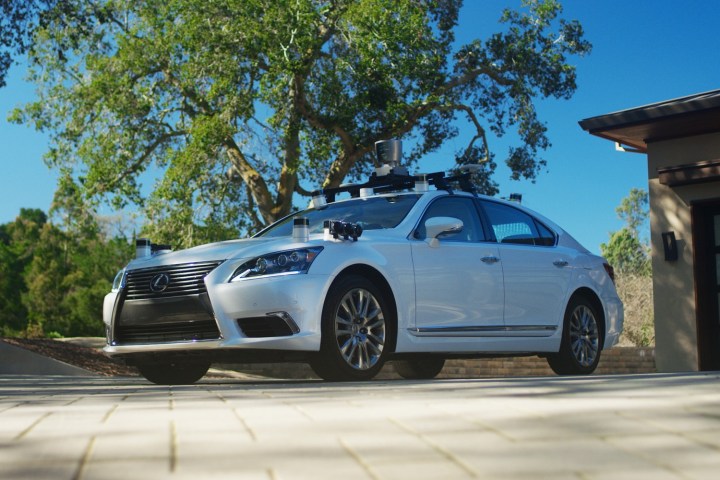
While there are plenty of sensors already on the market, including cameras, radar, GPS, and the all-important lidar, these individual devices sometimes have trouble communicating with one another. Aeva hopes to bridge the many gaps left by these disparate tools.
So what exactly does Aeva’s sensor do? The device is said to emit a continuous wave of light, instead of the individual pulses that current lidar sensors depend on. With this continuous wave, Aeva can better determine how this more complex signal is responding to (or really, bouncing off of) its external environment. That means Aeva can provide a far more detailed picture of its surroundings, while simultaneously tracking velocity. As the Times explained, “You can think of it as a cross between lidar, which is so good at measuring depth, and radar, which is so good at measuring speed.”
Rezk also told the publication that the continuous wave allows for greater range and resolution, and also better addresses weather conditions and highly reflective objects.
While Aeva isn’t intended to obviate the existing suite of sensors (having a greater number of these devices can help ensure safety), it could help improve the overall capabilities of self-driving cars.
When all is said and done, the idea of Aeva’s device and all the other sensors already available is to help cars be more strategic, and consequently safer. “With autonomous cars, 90 percent of the time, you are trying to infer what is happening,” Tarin Ziyaee, co-founder and chief technology officer at the self-driving taxi startup Voyage, told the Times. “But what if you can just measure it?”


